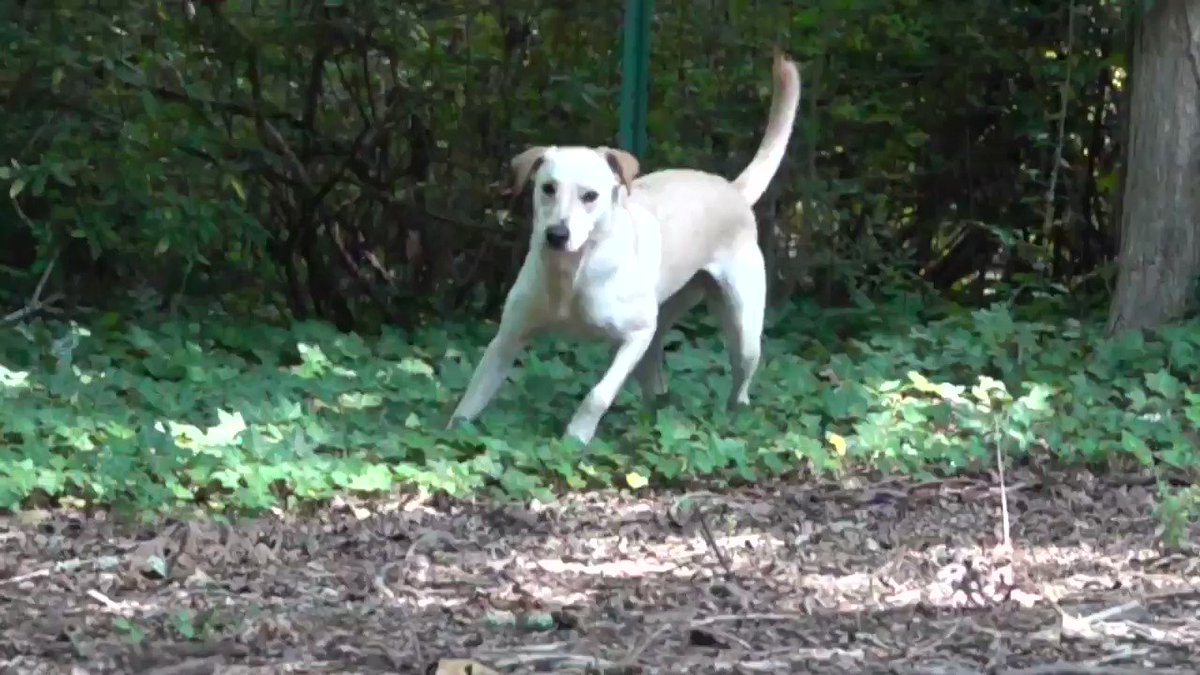Nelson Cruz Won’t Stop
The other day I wrote about Shin-Soo Choo and the way he’s hitting the ball really hard despite being a 37-year-old who has never garnered much of a reputation as a power hitter. In that piece, I included a chart that showed Choo was having the second-best season in terms of hard-hit percentage by a player 35 years of age or older since we started gathering such data in 2002. Choo was deserving of the digital ink used on him, but as impressed as I was with his placement on that chart, the most remarkable player listed was the one directly above him. The hard-hit rate that Choo had put together that ranked second on that list was 46.7%. No. 1 on that list was 2019 Nelson Cruz, whose hard contact rate currently rests at a whopping 55%. He’s 39 years old, and he’s hitting the ball hard more often than anyone else in baseball. He also just wrapped up one of the hottest two-week stretches you’ll ever see.
On the morning of July 22nd, Cruz was in the middle of yet another strong season at the plate. His slash line was .270/.364/.543 with 19 homers in 71 games. Even as a designated hitter, that’ll play on just about any team. Then all hell broke loose.
| Player | BA | OBP | SLG | HR | RBI | wOBA | wRC+ | WAR |
|---|---|---|---|---|---|---|---|---|
| Nelson Cruz | 0.460 | 0.526 | 1.300 | 13 | 27 | 0.699 | 352 | 1.9 |
| Next-closest player | 0.429 | 0.500 | 0.816 | 7 | 20 | 0.516 | 229 | 1.2 |
Look, it is usually best not to fuss too much over a hot streak that is over a sample size this small. The baseball season is long, and because of that, there will be many, many players who throw together a torrid two-week stretch or two. In that table, the next-best players in those categories ranged from Anthony Rendon to Andrew Benintendi to Mike Tauchman. Those players should all feel very happy and proud of the way they’ve been playing baseball, but unless your name is Mike Trout, there is a very good chance that an amazing two-week stretch of baseball will not be followed with another two-week stretch that is just as amazing. This is just the way the game works, and there’s no use in getting too excited over what is only around 50 plate appearances, about 1/12th of your season or less. Read the rest of this entry »



